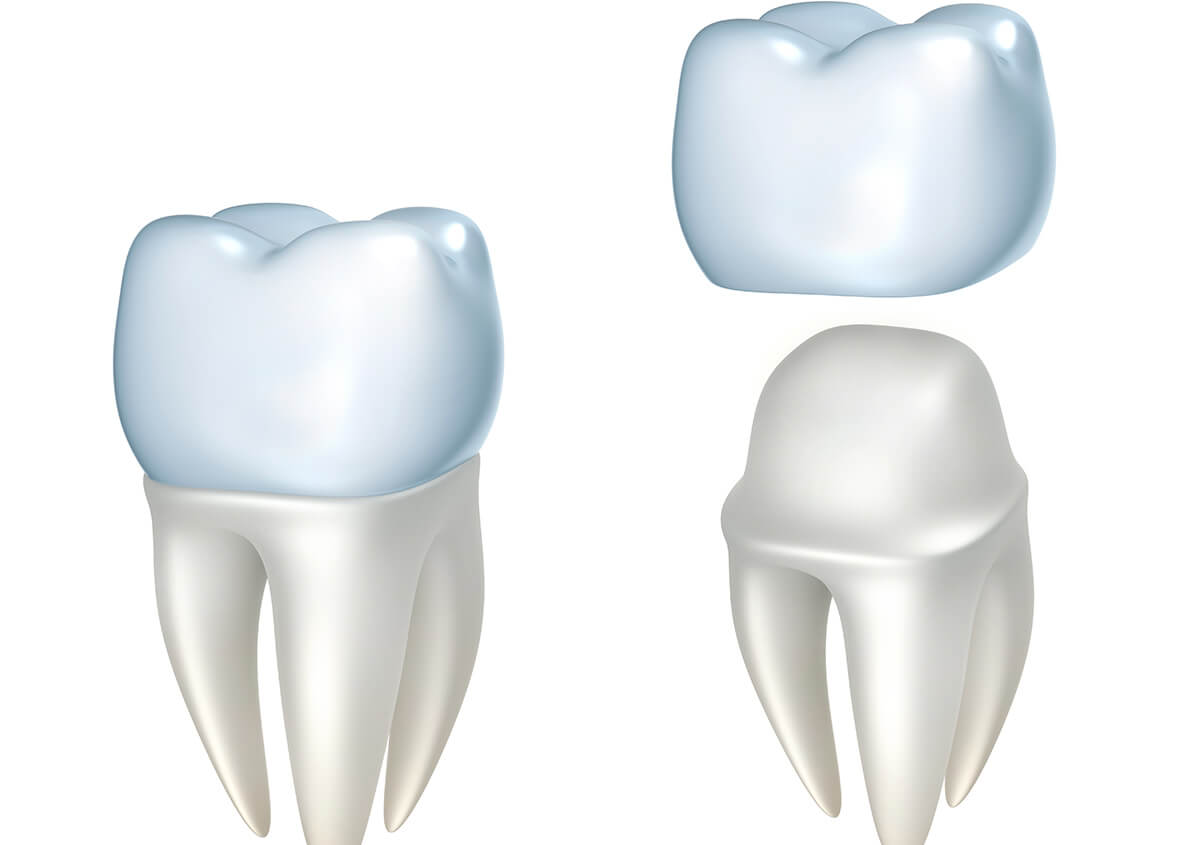

17
Nov
If You Are Looking to Find Success with Your New Dental Crown, Here Is Some Information You Should Be Aware Of

Have you just received a dental crown from Dr. Philip Hahn and the team at Family Dental Choice in Charlotte, North Carolina? Getting a crown for your tooth can help in many ways, but now that you have yours, there are some steps you should take to ensure your crown remains in great shape. These steps are very simple and can ensure that your crowns will last a minimum of 10 to 15 years following placement.
What You Should Expect Following Dental Crown Placement
As with many dental procedures, it is not uncommon to experience slight discomfort once your dental crown is placed and you begin to adjust to it following the anesthesia wearing off. Any discomfort you experience should lessen by the day and not last more than a week or two at most. If pain or discomfort persists longer than this, it may be due to some other issue that needs attention.
In the long run, if you begin to experience pain or discomfort, it could be due to issues like an underlying infection, a cavity in the protected tooth, or a fracture or crack in the crown itself. You could also experience some discomfort if you suffer from bruxism – the chronic grinding of teeth. Finally, you may also experience long-term discomfort if the crown simply does not fit properly or is not put in place correctly.
Regardless, you should reach out to your dentist to let them know you are experiencing discomfort so it can be looked at.
What To Do Once You Receive Your Crown
Some studies show a 97 percent success rate in the placement of dental crowns. While some issues can lead to discomfort, tooth sensitivity, or infection, these are usually avoidable.
Here are some tips you can follow once you receive your dental crown.
Sticking To a Soft Diet
Foods that are easier to chew and swallow may be recommended by your dentist for the first few days following placement so that the tooth can heal properly and you do not exert too much pressure on the newly crowned tooth.
Request an Appointment
Avoid Biting on the Crowned Tooth for the First 24 Hours
Immediately following the placement of your dental crown, you may want to take it easy as you allow time for the cement used to bond the crown sets completely. Once the cement is fully set and your crown bonded in place, your crown should be very stable and strong, reducing any risk of complications. In the meantime, you may want to minimize how often and how hard you are biting down on your newly crowned tooth.
Maintain Good Oral Hygiene
While this may go without saying, good oral hygiene is the key to excellent oral health. It is a necessity and a lifelong commitment. If a tooth is already weakened enough to require a crown, you should take special care of it by brushing twice daily, flossing daily, and using an antiseptic mouthwash. These steps, combined with a diet limiting acidic and sugary foods and drinks, will set you up for success.
To learn more about dental crowns or to schedule an appointment with Dr. Hahn and the team at Family Dental Choice, please call today at (704) 741-1307.
